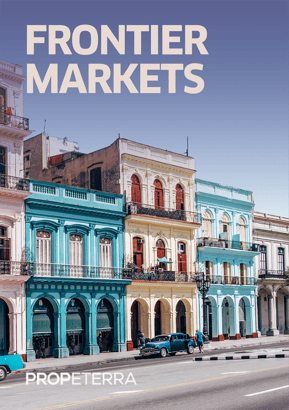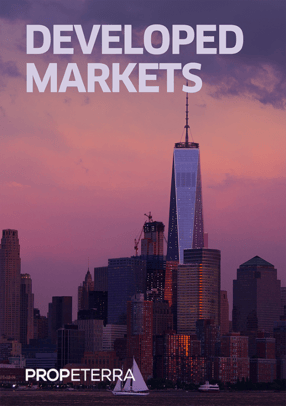Cebu Exchange, located in Cebu City’s IT Park, is Metro Cebu’s tallest office building and the Philippines’ largest single-building office development. Construction began in 2018 and development should be finished by the end of this year. The 39-story building is divided into three sections: floors nine to fifteen will be for business process outsourcing firms; sixteen to twenty nine will be for large corporations; thirty to thirty nine will be for the headquarters of companies and smaller corporate offices.
Indeed, real estate developer Arthaland is leading the project and Leo Po, their executive vice president commented, “The Cebu Exchange is equivalent to three office buildings combined. When completed, it will have more than 12,000 people working in it, which is a massive number of people. That’s why we’re calling it our biggest and our best project to date.” Cebu Exchange has already become a premier business address and a key element of Cebu City’s skyline.
The development has already garnered a number of accolades. In December 2020, the office tower gained a significant victory on the sustainability front: it was pre-certified under the International WELL Building Institute’s renowned WELL Building Standard™. This certification renders the development the largest certified one in the Philippines and the first outside Metro Manila.
The WELL Building Standard™ is arguably the world’s most prominent standard for sustainable buildings and interior spaces. It was created by collating the latest learnings in the fields of the environment, human health and human behaviour, and how they impact the most groundbreaking practices in building construction, management and design.
The Cebu Exchange. Image: Arthaland
Cebu Exchange has gained this prestigious certification for a number of reasons. First, there are many green spaces, including landscaped gardens and a potager garden, so that residents will have access to food grown on-site. Non-toxic building materials reduce associated health risks whilst the building’s air filtration system provides a steady flow of fresh outdoor air and reduces operating costs, a boon for businesses who chose Cebu Exchange for their new office space. Metro Cebu still sources roughly 40% of its power from coal-powered facilities so there is a particular need for sustainable energy solutions. The Exchange will also take advantage of contactless plumbing fixtures which lower disease transmission from high-touch surfaces along with producing savings on water costs. Lastly, extensive shower facilities and bicycle racks promote green ways of commuting to the office. All these elements have led to Cebu Exchange achieving this premier sustainability certification. It is worth noting that the Exchange has been awarded a Pre-Certified Gold in the US Green Building Council’s Leadership in Energy and Environmental Design (LEED®). It received five stars, the highest number possible, in the Philippine Green Building Council’s Building for Ecologically Responsive Design Excellence (BERDE.)
These are an impressive array of accolades. Leo Po added, “This building is a testament to sustainability. We are the only developer that embarks on dual certification with the USGBC and PhilGBC. This shows that we think global but act local. We are bringing a world-class building to this wonderful city.”
Cebu Exchange and its sustainability mission tap into a wider trend: Cebu City’s progression into Philippines’ foremost modern city. Digital transformation in the region is accelerating at a rapid pace and Cebu City’s authorities want it to remain competitive and attractive to businesses and investors long into the future. Supporting innovation and the startup ecosystem, by promoting technology-led buildings and enterprises, are key to this journey. Cebu Exchange both represents a promising move for office sustainability and a bright future for Cebu City as a technology and business hub.
The Cebu Exchange. Image: Arthaland





